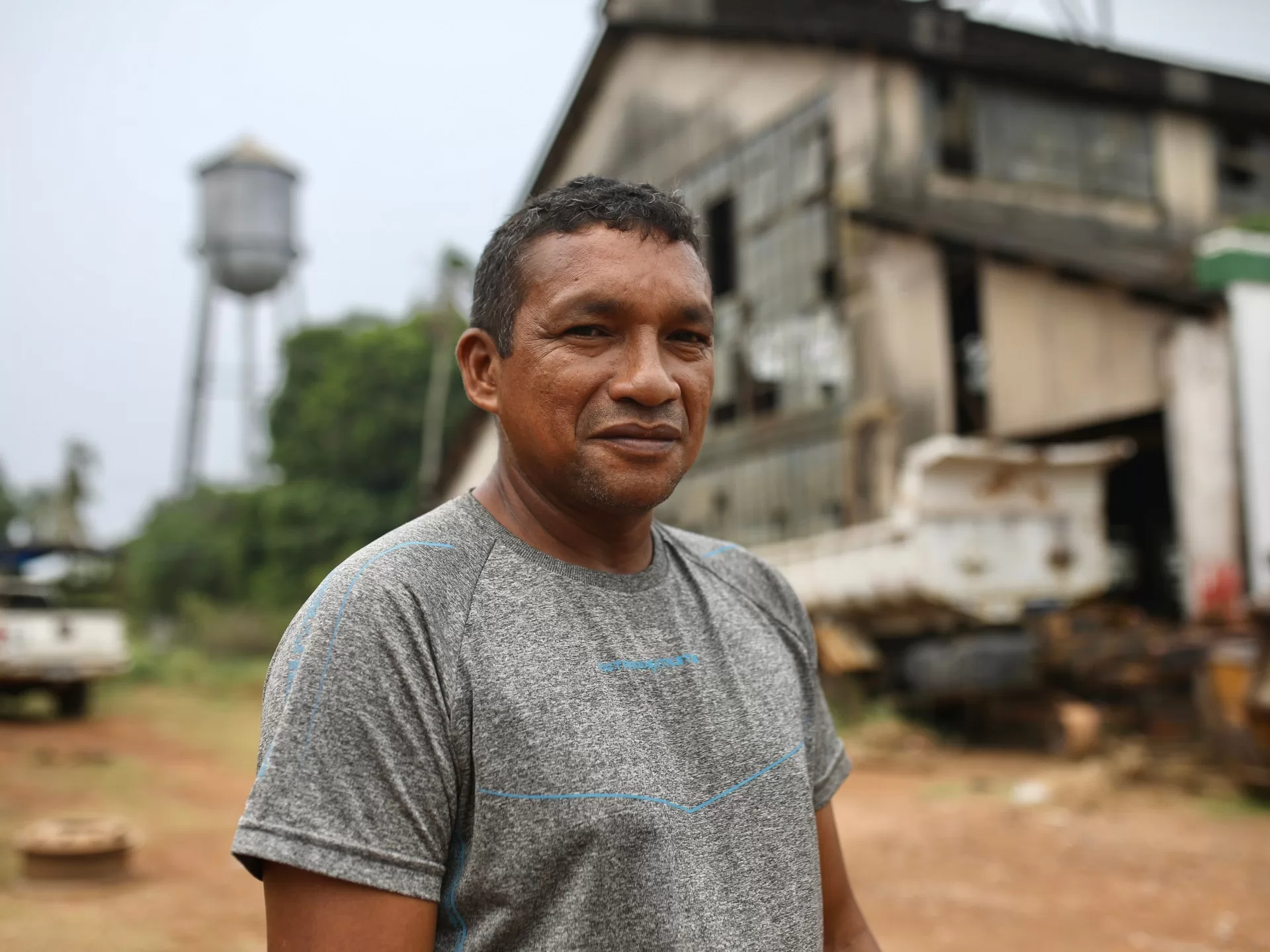Boars scattered from the underbrush. Toucans shot from the trees. And thousands of acres of Amazon rainforest soon crumbled into ash.
It was 1928, and a vast stretch of land in north-central Brazil was being cleared for a monumental undertaking: Fordlandia, a $20m city dreamed up by the richest man in the world at the time, American industrialist Henry Ford.
From the charred earth rose a hospital, a cinema, schools and bungalows. A golf and tennis courts were built for the arriving Americans to feel at home. The sawmill and factory floors, meanwhile, were the purview of the local workers.
But over the past eight decades, Fordlandia has lain largely abandoned, slowly falling into disrepair.
Still, smoke continues to hang in the air, as Brazil contends with an ongoing legacy of deforestation and fortune-seeking in its world-renowned rainforest.
About 2,000 people remain residents of Ford’s utopian experiment, a decaying reminder of the ambitions that shape the forest.
Plagued by poverty, these residents find themselves caught between competing pressures: to protect the environment that surrounds them — or exploit it to make ends meet.
“Yes, I deforest. How else am I going to farm?” said Sadir Moata, a 31-year-old resident of the area.
A muscular farmer with dark, bushy eyebrows, Moata took it upon himself to rehabilitate one of Fordlandia’s larger houses, originally intended for American expats. He mucked out the bat droppings and tamed the overgrowth in the garden so that his father could use it as a home.
But his income from farming is meagre, and clearing the land through fire allows him to grow more crops.
“I get 600 reals [$120 per month] from a government programme. There’s me, my wife, two children and a brother who eats with us. What kind of life am I going to have with 600 reals?”
But experts, advocates and other residents warn that the cost of Amazon deforestation will inevitably be higher than any gains.
